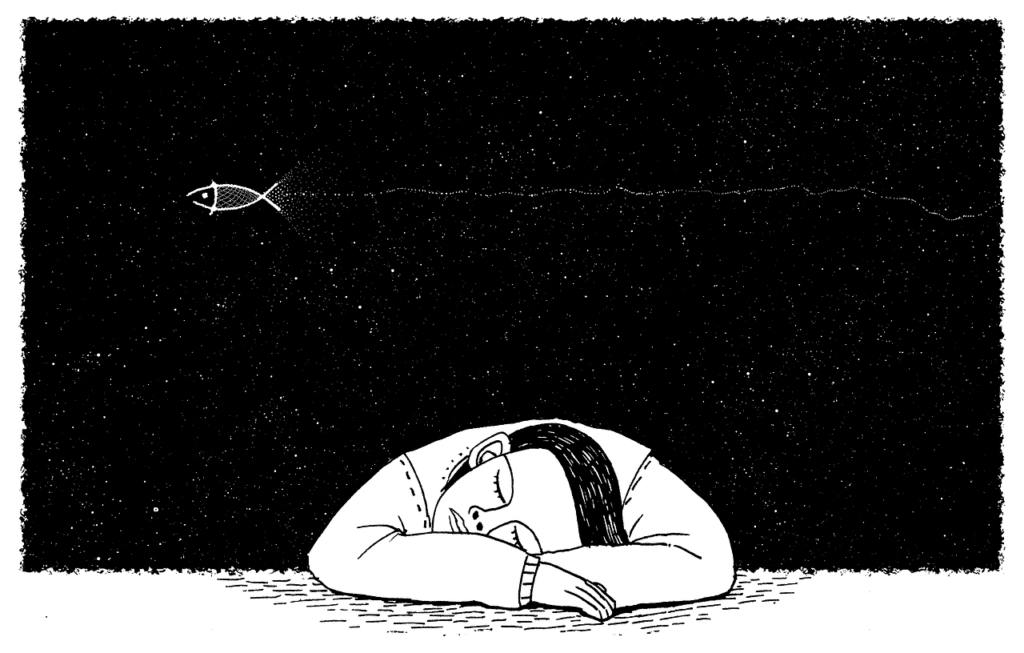Type 1 narcolepsy, formerly known as narcolepsy with cataplexy, is a chronic neurological disorder characterized by excessive daytime sleepiness and cataplexy, or the sudden loss of muscle tone that is usually triggered by a strong emotion. People with type 1 narcolepsy may also experience disrupted sleep, hallucinations, sleep paralysis, and automatic behaviors (performing actions without being aware), which can impact daily life. This condition requires lifelong treatment and management. Continuing to develop treatments remains critical despite the existence of approved therapies such as Xyrem. Current treatments provide relief for many but are not effective for all people. Additionally, some people experience side effects that can be debilitating. By investing in continued research, our medical system can improve outcomes and address unmet needs within this community.
Global biopharmaceutical company Alkermes is working to do just this: fulfill unmet needs to provide people with type 1 narcolepsy with a more effective therapeutic option. ALKS 2680, the company’s investigational, brain-penetrant, oral, selective orexin 2 receptor (OX2R) agonist, is currently being explored in the Phase 2 Vibrance-1 study.
A Potential Intervention for Type 1 Narcolepsy
Reporting from Clinical Trials Arena shares that Alkermes recently began the Vibrance-1 trial to see how safe and effective ALKS 2680 is for this community. An estimated 80 participants from global locations will enroll. During the trial, researchers will assess whether ALKS 2680 reduces daytime sleepiness and allows patients to remain wakeful and alert. Researchers also hope to see whether this therapy impacts cataplectic events.
Additionally, this trial seeks to identify the ideal dose for future studies: either 4mg, 6mg, or 8mg ALKS 2680. For participants in the Vibrance-1 study, participation in a future open-label safety extension portion is available following the completion of the initial study.
Later this year, the company also plans to begin the Phase 2 Vibrance-2 clinical trial to evaluate this therapy for individuals with type 2 narcolepsy, or narcolepsy without cataplexy. These individuals similarly experience excessive daytime sleepiness but do not experience cataplexy.







